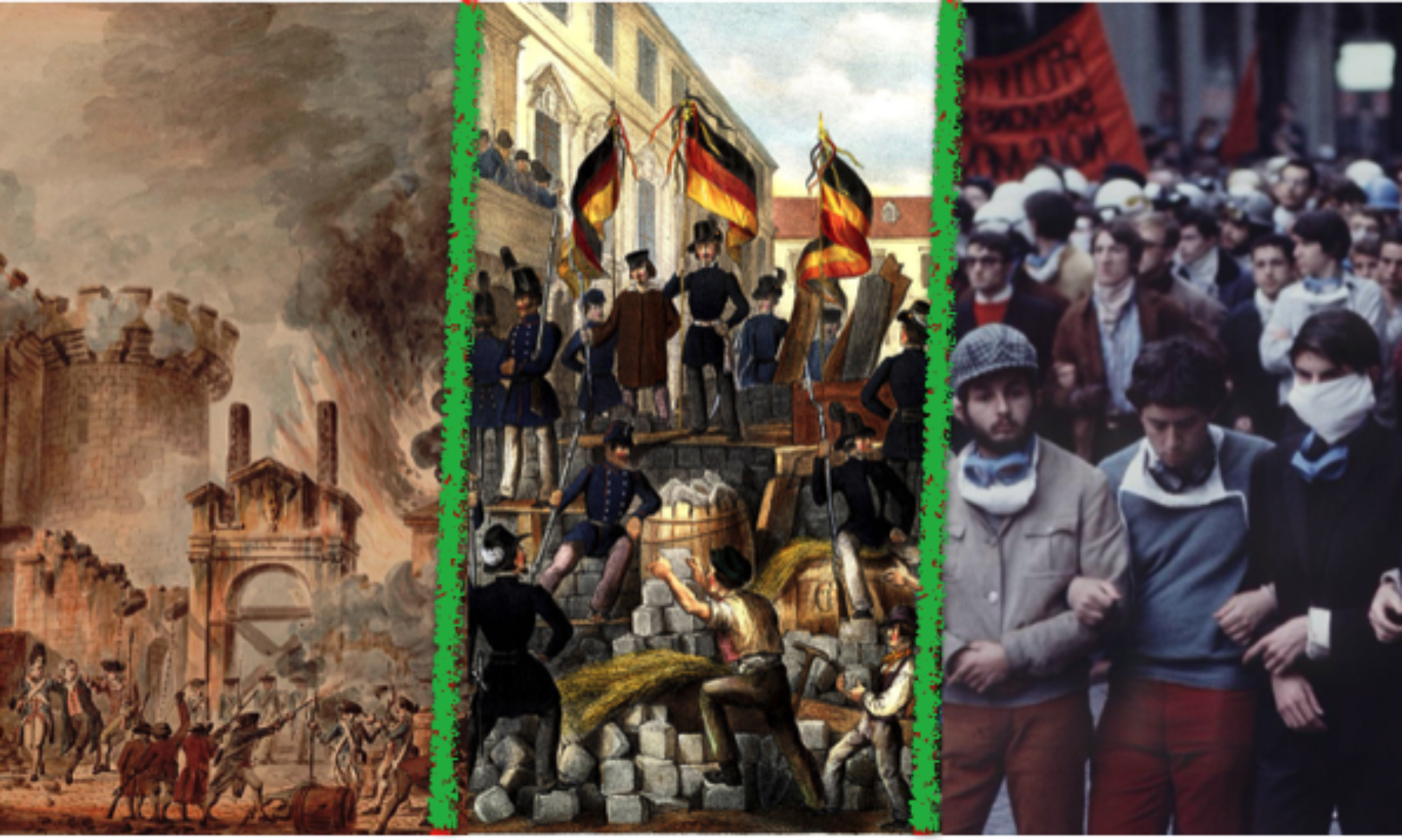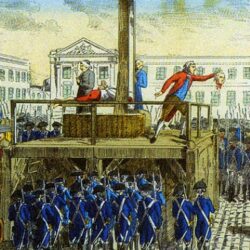We were given the lyrics of “The National Song of Hungary, 1848” for class this week, and I would like to take a moment and briefly compare the lyrics of this national song to “La Marseillaise” which we listened to in the second week. Here is a stanza from each:
La Marseillaise:
To arms, citizens!
Form your battalions
Let’s march, let’s march
That their impure blood
Should water our fields.
The National Song of Hungary, 1848:
A miserable wretch is he
Who fears to die, my land, for thee!
His worthless life who thinks to be
Worth more than thou, sweet liberty!
Now by the Magyar’s God above
We truly swear,
We truly swear the tyrant’s yoke
No more to bear!
Now, this might be obvious but what are the similarities of these pieces? I definitely notice that there is a call to action in both (To arms, citizens! / We truly swear the tyrant’s yoke
No more to bear!). However, I think they are fundamentally very different. Do you agree? How do you think your interpretation is affect by revolutionary outcomes?
Here is another meme:



I think that both songs are meant to evoke strong emotions from the people listening to them. If we look at the Hungarian anthem we can see how many references there are to history and those who had to live under the tyranny of the king, who they call a “tyrant”. In the Hungarian anthem there is a also a reference to fathers who are buried in soil that is not free. Bringing up someone’s family history and talking about how one’s ancestors were wronged is meant to get someone fired up. In both national anthems there are references to death during battle and because of this we can see these songs are meant to also get people enthusiastic for battle. Finally both songs seem to want to assure people that they will be fighting for a noble cause.